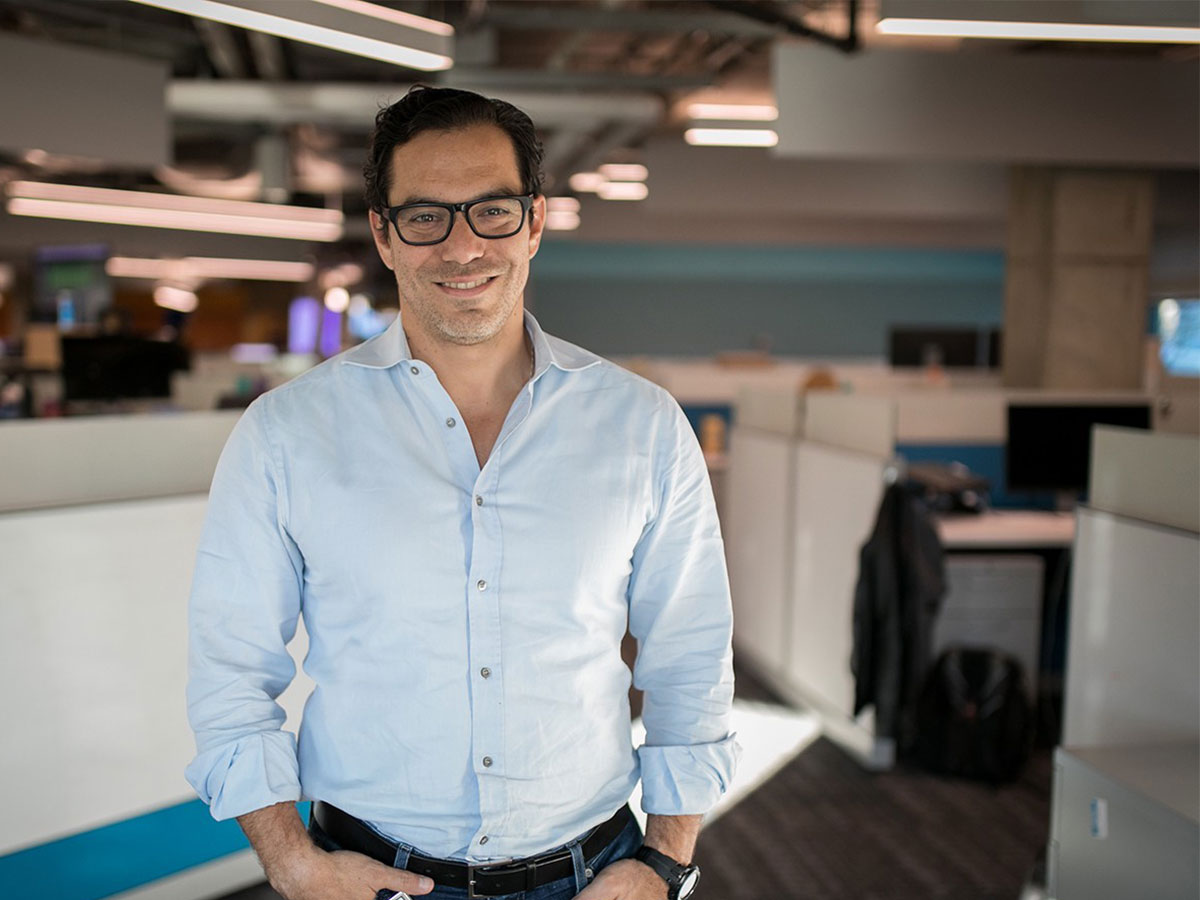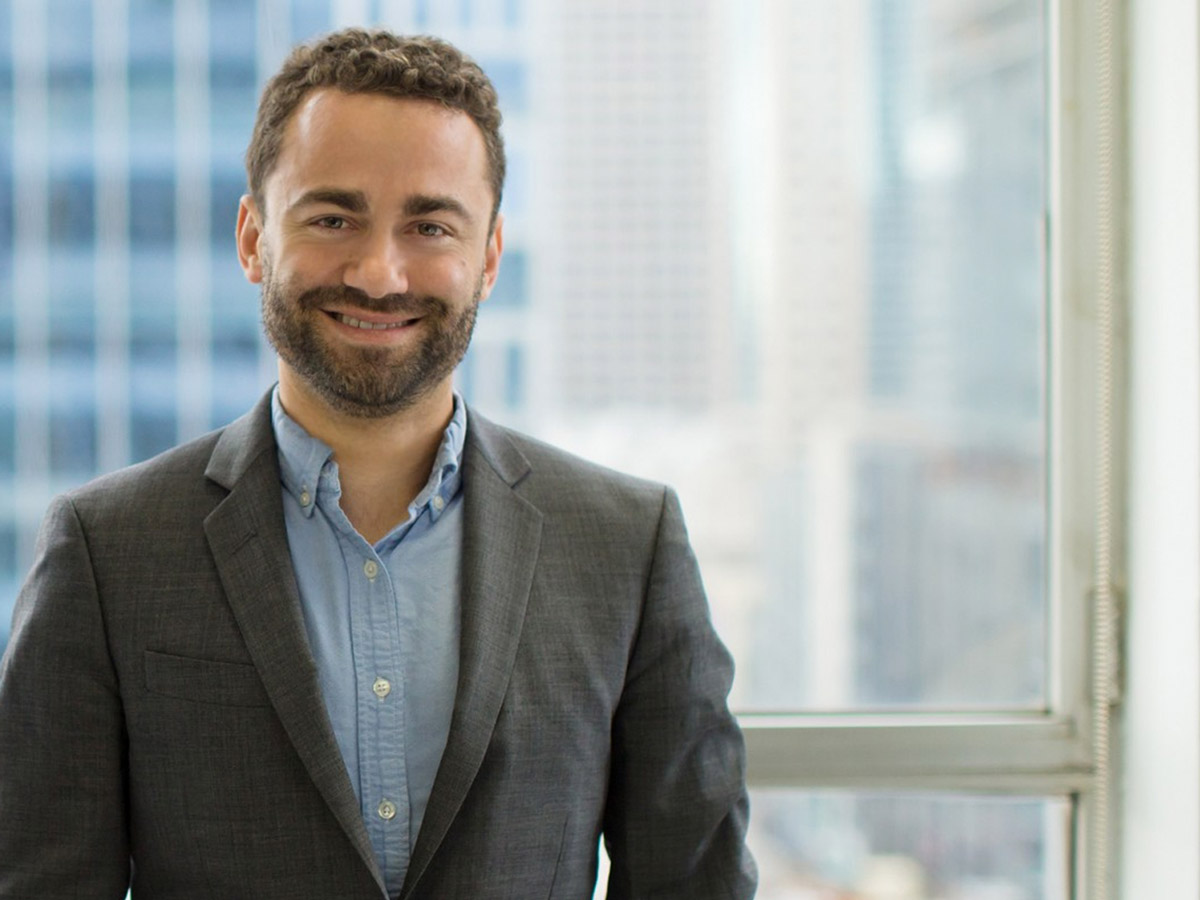When Rudy Giuliani declared “Truth isn’t truth” in defense of Donald Trump, I cringed. Not just for the obvious reasons, but because as I absorbed the absurdity of his statement, it hit uncomfortably close to home.
How do startup leaders think about truth, especially in the age of Theranos? What’s a true statement in or about a startup? Things move so fast (especially in the really early and high growth phases) that something that is true today often isn’t true tomorrow.
With the pace of change (both macro and micro), communicating progress can feel like an exercise in reporting on the status of Schrödinger’s cat. What complicates things is that as founders and leaders it’s surprisingly hard to tell employees or investors “I don’t know”. It’s even worse to not communicate at all. You’re pressured to have an answer, and if you don’t, it looks like you don’t understand your business. But when you’re wrong, you lose credibility.
That’s where we as investors can do better to help founders be as truthful and transparent as possible about their business, because the more we know, the more we can help. But investors don’t always do the best job of making founders comfortable with vulnerability and instead can reinforce the overconfident salesy mode of operation that’s often a requirement for leading a growing company through its inevitable struggles. This is one of the many reasons why it’s so important that founders select investors that they trust and connect with vs. the one that offered the best terms. But even then, talking about all the inevitably broken or at best partially broken and uncertain things in your business can be hard.
To make these kinds of conversations easier, I’ve found it useful to categorize judgements and statements about startups into 4 categories.
True as in “We closed a seed round”
Something that is objectively true.
Temporarily true as in “We’re going to hit next month’s revenue goal”
An outlandish goal that helps motivate and drive alignment. An optimistic view into something you’re trying to achieve that you think (hope) you will.
Temporarily false as in “We are the market leader”
Something aspirational and often visionary. Said more cynically… unmalicious and purpose-built self-deception.
False as in “We pay a competitive salary”
Something objectively false.
The reality is, if you’re a founder, you’ve probably said all of these things at one point or another to your customers, employees, and investors. Depending on when, you’d also probably categorize them differently. If you’re lucky, you’ve been successful enough to transition all 4 of those statements to true.
The temporarily true things are your rose-colored glasses. They are your rallying point and the overly optimistic claims that motivate people into making your goals a reality. They help keep people excited through the hard times when progress looks like one step forward and two steps backward.
The temporarily false things are the little lies that you’ve decided to tell as part of achieving a goal where in the ends justify the means. You have every intention of making these things true, and really do believe that by the time it actually matters it will be. In enterprise SaaS, you’d never land your first customer if they knew how bad or incomplete your product was. Your first employee would also never join if they knew how close you were to not being able to pay them.
Or would they? That’s where things get complicated.
Reality distortion fields, while effective, are a powerful but blunt instrument. In the hands of an outwardly confident but intellectually honest and inwardly reflective founder they can be a fantastic tool and let you pull the future backwards into the present. Used too often though, or by someone lacking self-awareness or integrity, and they can be the most destructive thing possible.
But with great power comes great responsibility, the difference between you and Theranos is not a giant chasm, it’s the slippery slope of transitioning your aspirations into your realities and what you’re willing to risk to achieve that. When something is only temporarily true, you need to recognize that. When it’s temporarily false, you need to recognize that too.
And while it can seem like 80% of your job as founder (and especially founder-CEO) is being a confident visionary, that’s where I think founders start to run into trouble. Startup founders are always fundraising, always recruiting, and always telling their story. Once you repeat it so many times, add charisma to it, pour your life into it, and maybe even say it on stage in front of hundreds or millions through the press, it becomes challenging to maintain your intellectual honesty. It’s like drinking a bottle of wine every night and trying not to become an alcoholic.
This self-deception is the slippery slope I’m referring to. It’s more dangerous than lying because it can become impossible to bifurcate those parts of your business that are truly enhanced by your ability to influence reality vs. those that can be destroyed by it. You can find yourself suspending reality when you actually need to be embracing it.
It can make great teams underperform and in extreme situations can make good people do bad things.
Worst of all, it’s nearly impossible to self-evaluate self-deception, and that’s where diverse leadership teams and great founder/investor relationships become paramount. Because while creating a reality distortion field is a powerful, and probably even required tool for building a successful startup, being grounded and intellectually honest is a more consistent factor in success. But you can’t ground yourself, you have to surround yourself with great people who bring out the best in you and make you your best self, even if it’s uncomfortable (it’s usually very uncomfortable).
Nothing in startups is simple and the truth is almost always complicated. In the sense of Schrödinger’s cat, your startup can both be crushing it and about to be crushed at the same time. It’s okay to recognize that, and with the right tools and hard work, the cat will be alive when you open the box.
Thanks to John Scrofano, whose feedback on the first version of this post was so impactful and widely incorporated that he’s now a co-author.

